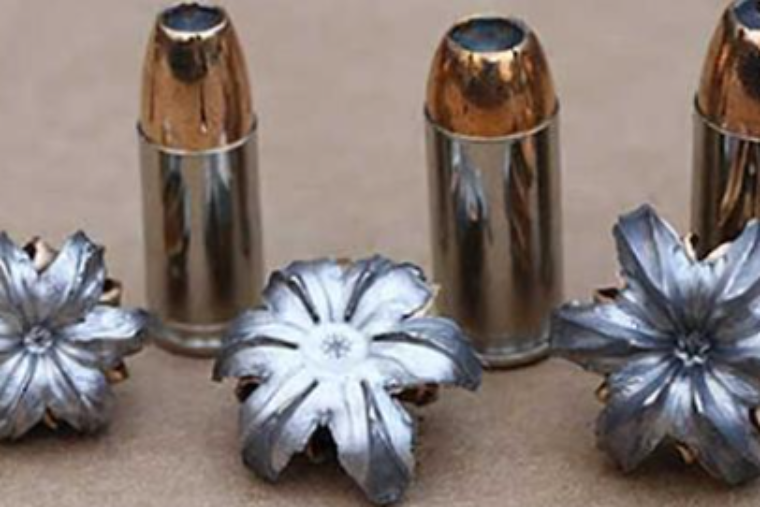When it comes to ammunition, not all rounds are created equal. However, there’s a common misconception among gun owners, particularly the less experienced ones, about the interchangeable use of range and self-defense ammunition. This notion could not be further from the truth, and understanding the critical differences is essential for anyone serious about their firearm proficiency and safety.
The Misguided Belief in Range Ammo for Self-Defense
Range ammunition, like full metal jacket (FMJ) or fragmenting rounds, is generally unsuitable for self-defense. Although it’s tempting to consider range ammo due to its lower cost and availability, this decision could be detrimental in a real-world scenario. But why?
The primary issue lies in the behavior of range ammo upon impact. Unlike self-defense ammunition, range rounds tend to over-penetrate. This means they can pass through a target and potentially harm unintended targets, a significant risk in urban or suburban environments. While the military uses FMJ rounds due to historical conventions and a different operational context, civilians need to consider the immediate implications of their ammunition choice.
Readers, before you continue you might want to scroll down to the bottom and review our overview of self defense calibers or ammunition as well as our handy set of definitions for various types of ammunition rounds and their attributes.
By Thomas Conroy



